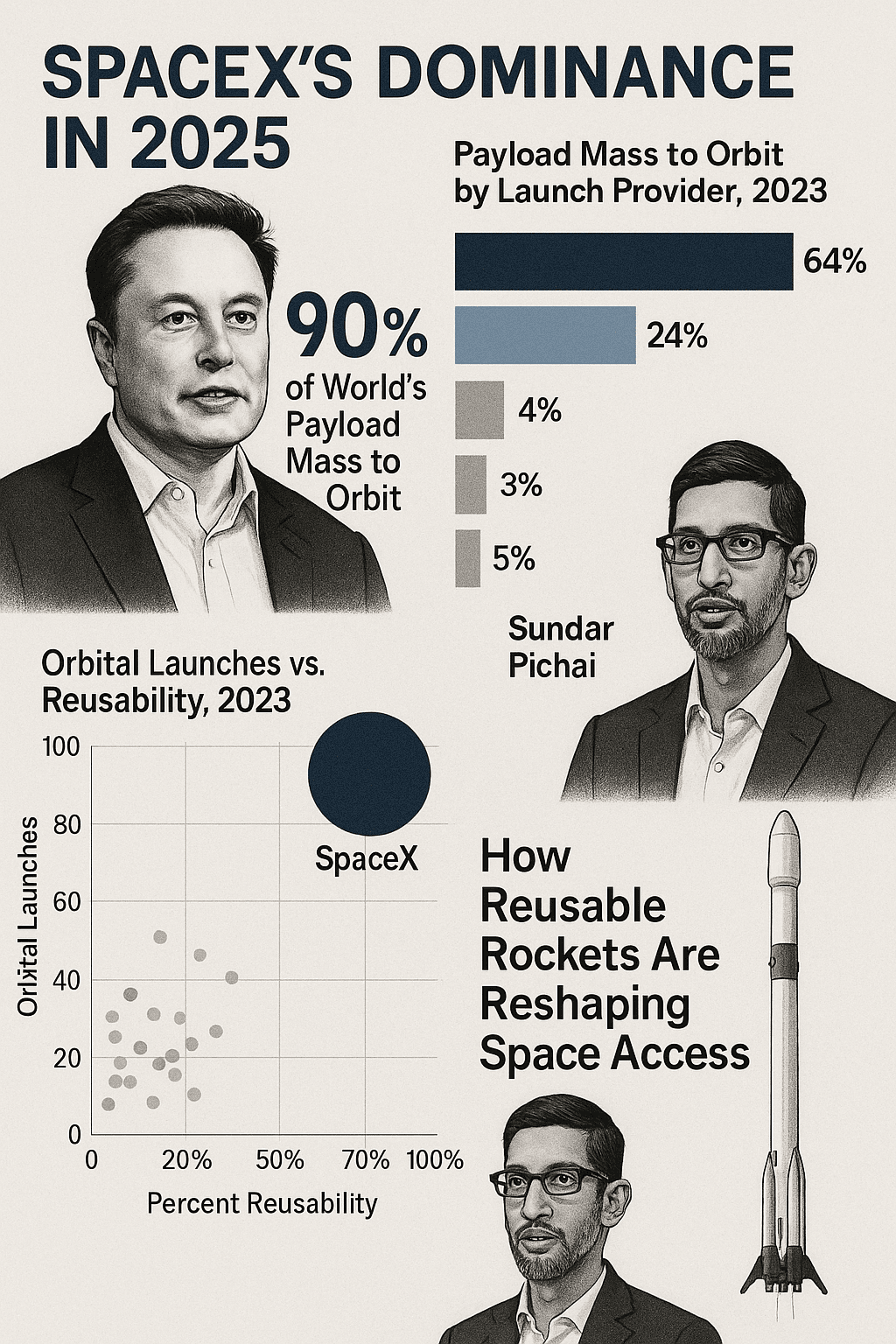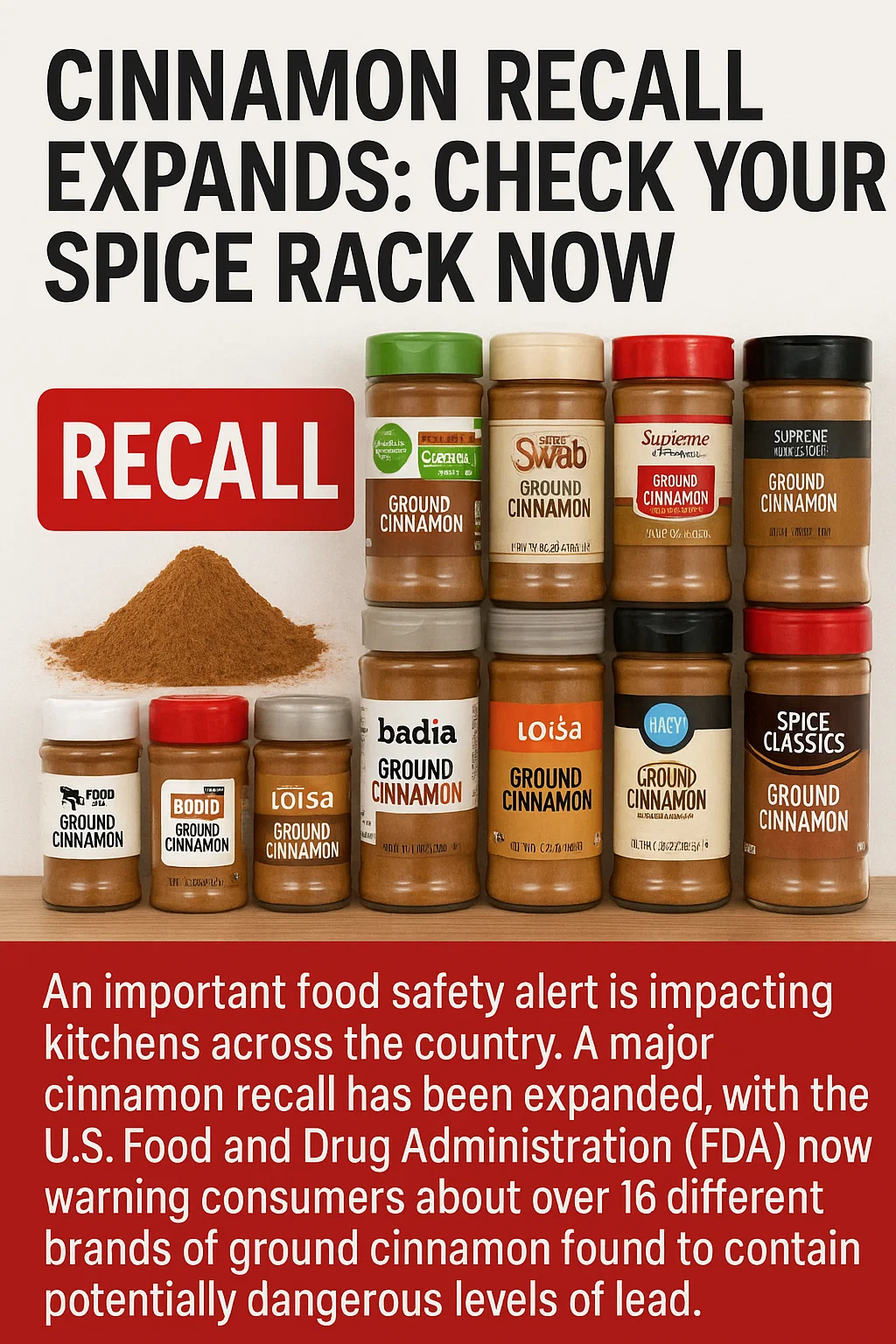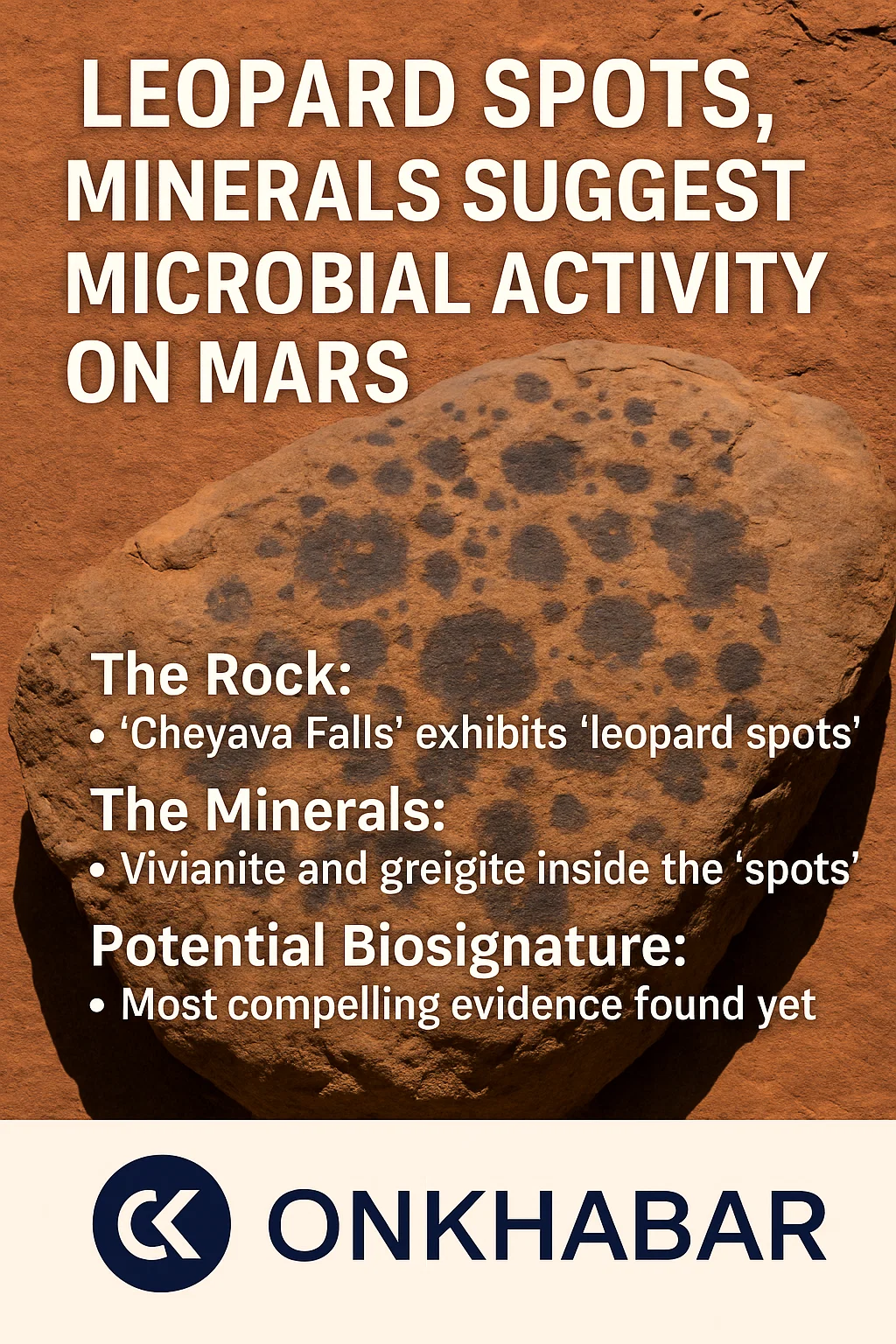
Discover how Israeli startups like Finally Foods use molecular farming to create real dairy proteins from potatoes, pork from soybeans, and beef from peas. Explore the future of sustainable, animal-free food.
Imagine biting into a slice of melty, stretchy cheese made not from cow’s milk, but from a humble potato. Sounds like science fiction? Thanks to molecular farming, this revolutionary concept is now a reality. Israeli startup Finally Foods is leading the charge, genetically engineering potatoes to produce casein—the protein that gives cheese its iconic texture—while companies like Moolec Science and IngredientWerks are redefining meat substitutes with pork-infused soybeans and beef-flavored peas. In this blog, we unpack how molecular farming is transforming plants into protein factories, offering sustainable, ethical, and healthier alternatives to traditional agriculture.

What is Molecular Farming?
Molecular farming involves genetically modifying plants to produce specific proteins or compounds they don’t naturally create. Unlike traditional GMOs, which focus on traits like pest resistance, this technology turns crops into bioreactors for pharmaceuticals, vaccines, and even animal proteins. By inserting animal DNA into plant cells, scientists “teach” plants like potatoes, soybeans, and peas to grow proteins identical to those found in meat and dairy—without the environmental footprint of livestock.
Case Study: Finally Foods’ Potato-Powered Cheese
Finally Foods, an Israeli innovator, is tackling dairy’s sustainability crisis by engineering potatoes to produce casein, the key protein in cow’s milk. Here’s how they’re doing it:
- AI-Driven Design: Proprietary AI models identify optimal genetic sequences to maximize casein production.
- Potato Bioreactors: The modified potatoes grow casein in their cells, which is extracted and processed into cheese.
- The Product: Dubbed Finally Cheese, it promises the authentic taste and texture of dairy, bridging the gap between plant-based substitutes and the real thing.
Why It Matters: Traditional dairy farming contributes to 14% of global greenhouse emissions. Finally Foods claims their method uses 90% less water and cuts land use by 80%. With field trials underway in Israel, regulatory approval in the U.S. could arrive by 2026.
Beyond Dairy: Meat Proteins from Plants
Molecular farming isn’t limited to dairy. Companies worldwide are engineering crops to produce meat proteins:
1. Dairy from Potatoes
- Innovation: Soybeans containing 26.6% pork protein, approved by the USDA in 2024.
- Benefits: Mimics meat’s iron content, flavor, and color, turning soy from a “filler” to a nutrient-dense alternative.
- Next Steps: Awaiting FDA review for commercial launch.
2. PEEA1: Beef Protein in Peas
Moolec’s second breakthrough: peas infused with myoglobin, the iron-rich protein responsible for meat’s texture and color. Approved by the USDA in late 2024, this product aims to enhance plant-based burgers and sausages.
3. IngredientWerks’ Meaty Corn
This U.S. startup produces bovine myoglobin in corn, achieving 10mg per gram—a cost-effective solution for alt-protein companies. CEO Matt Plavan likens it to “lithium-ion batteries for electric vehicles,” a game-changer in scalability.
4 Key Benefits of Molecular Farming
- Sustainability: Slashes water use, land degradation, and methane emissions tied to livestock.
- Ethical: Eliminates factory farming and animal slaughter.
- Nutrition: Enhances plant-based foods with animal proteins’ complete amino acid profiles.
- Affordability: Crops like corn and soy are cheaper to grow than raising livestock.
Regulatory Hurdles and Consumer Acceptance
While the USDA has greenlit Piggy Sooy and PEEA1, FDA approval remains pending. Critics raise concerns about:
- GMO Stigma: Despite rigorous safety testing, public skepticism persists.
- Labeling: Should products be labeled “animal-free” or “plant-based meat”?
- Allergens: Cross-contamination risks (e.g., soy proteins in pork-infused soybeans).
However, startups are optimistic. “When consumers taste our cheese, they’ll forget it came from a potato,” says Finally Foods’ CEO.
The Future of Food: What’s Next?
By 2030, molecular farming could:
- Disrupt Traditional Agriculture: Reduce reliance on livestock for protein.
- Personalized Nutrition: Crops tailored to produce vitamins or vaccines.
- Global Scalability: Drought-resistant plants growing proteins in arid regions.
FAQ Section
Q: Is molecular farming safe?
A: Yes. Regulatory bodies like the USDA and FDA require extensive safety testing before approval.
Q: When can I buy Finally Cheese?
A: If trials succeed, expect launches in Israel and the U.S. by 2026–2027.
Q: Do these products taste like real meat/dairy?
A: Early tastings report near-identical flavor and texture, thanks to authentic animal proteins.
Q: Are they vegan?
A: Yes—no animals are involved, though strict vegans may debate GMO ethics.
Conclusion
Molecular farming isn’t just a trend—it’s a seismic shift in how we produce food. From casein-packed potatoes to porky soybeans, this technology offers a blueprint for feeding 10 billion people sustainably by 2050. While challenges remain, the fusion of AI, genetics, and agriculture promises a future where indulgence and ethics coexist.
Call to Action: Stay ahead of the food revolution! Subscribe for updates on molecular farming breakthroughs and share this article to spark conversations about sustainable eating.










